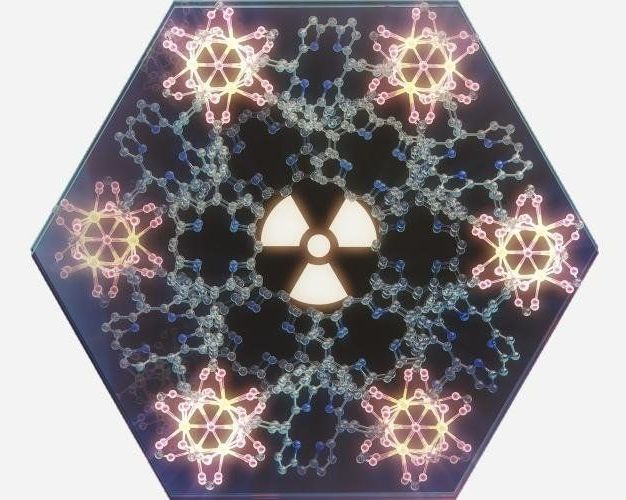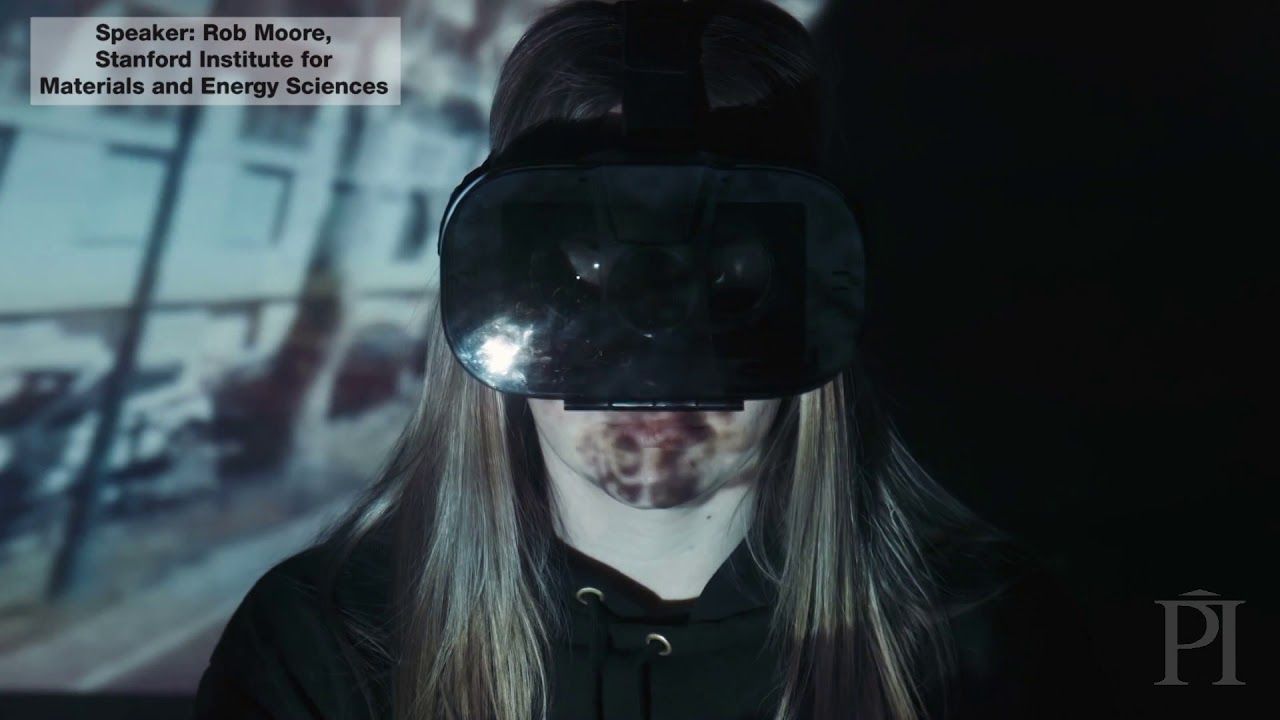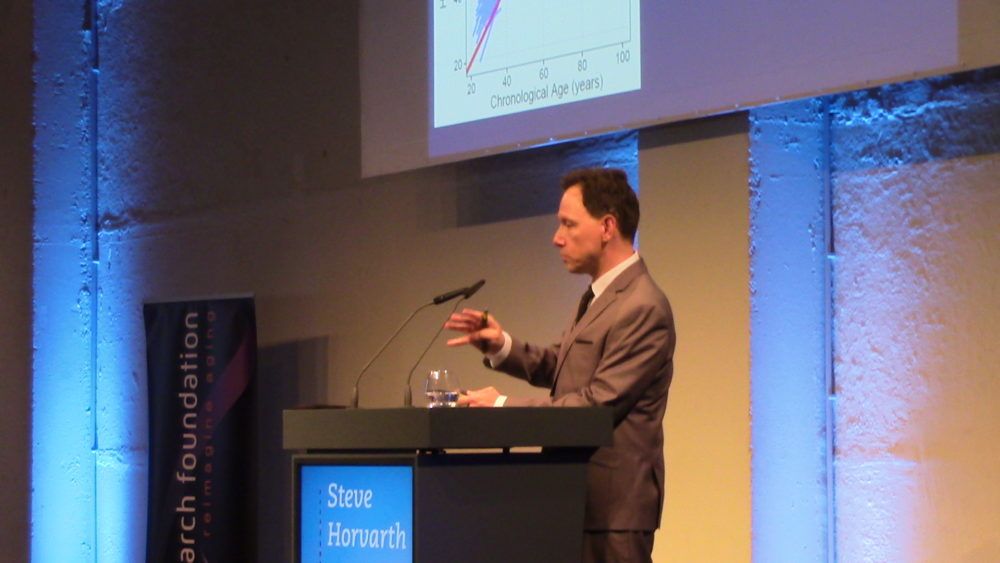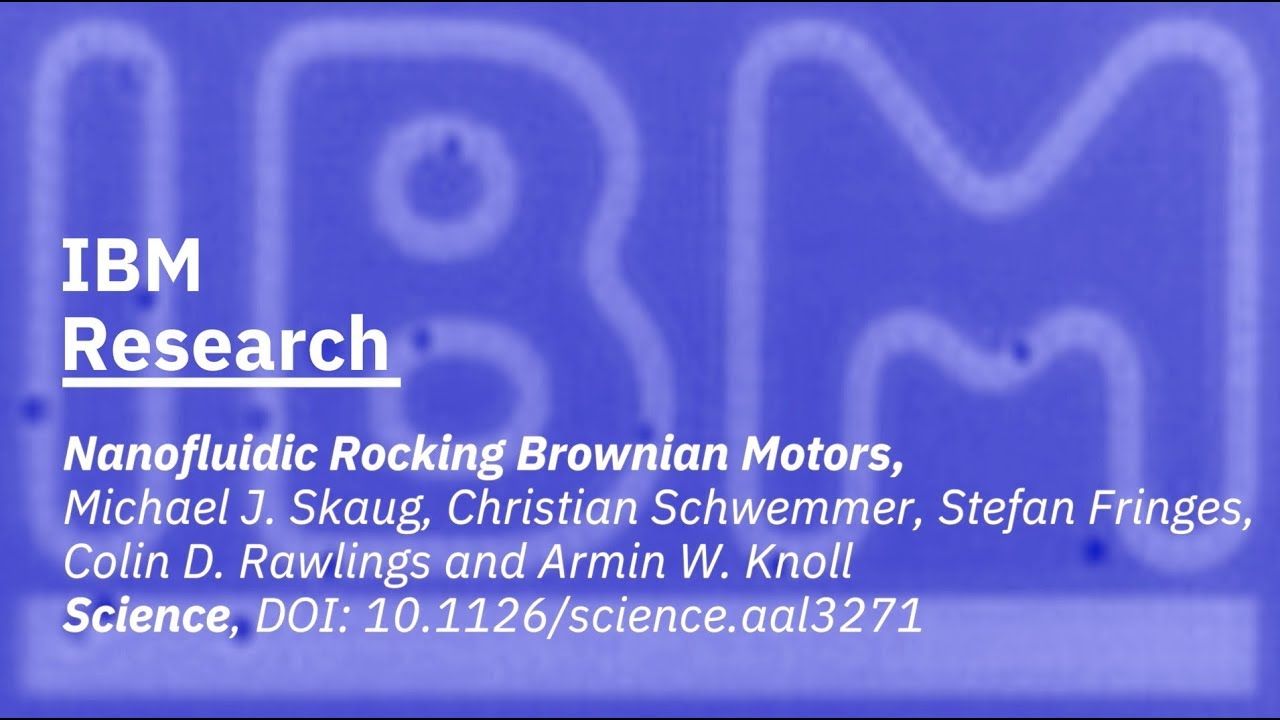Mar 30, 2018
Scientists build army of metal-organic nanoflowers to treat cancer
Posted by Bill Kemp in categories: biotech/medical, nanotechnology
Doctors have been using radiation to treat cancer for more than a hundred years, but it’s always been a delicate art to direct treatment while avoiding healthy tissue.
To help them, scientists with the University of Chicago have designed an army of tiny flower-shaped metal-and-organic nanoparticles that deliver a one-two punch—first boosting the effects of radiation at the tumor site and then jumpstarting the immune system to search out any remaining tumors.
The research, published March 26 in Nature Biomedical Engineering, led to a candidate molecule currently beginning phase 1 clinical trials.
Continue reading “Scientists build army of metal-organic nanoflowers to treat cancer” »


















